
How does global climate funding and compensation reach the local communities?
Global commitment with local action is far apart: When will funding and compensation reach the hands of local communities?
COP28, held in Dubai, United Arab Emirates in 2023, was my first time participating in the United Nations' major climate summit. My participation is supported by the International Council of Voluntary Agencies (ICVA) and the COP28 Presidency. As the COP28 participant count exceeded 100,000 applicants, the registration process was time-consuming. Fortunately, I was able to obtain accreditation and a visa one day before the departure to attend COP28.

For 5 days, I had the opportunity to explore the blue and green zones. On 2 December 2023, I was able to participate in a special listening session with Jocye Msuya, Assistant Secretary-General for Humanitarian Affairs and Deputy Emergency Relief Coordinator in the UN OCHA (United Nations Office for the Coordination of Humanitarian Affairs). During that occasion, I represented grassroot community and youth of YAKKUM Emergency Unit (YEU), along with 7 local NGOs from various other countries, to convey how the climate crisis affects local communities, both economically and non-economically, particularly the impact on community groups who are more vulnerable (women, the older people, children, people with disabilities, and other marginalized groups), and to convey the Community Resilience Fund's good practices, as well as the importance of national-subnational coordination.
On 5 December 2023, I attended the Community Resilience Partnership Program (CRPP) program launch, which was facilitated by ADB (Asian Development Bank) in partnership with its partners and numerous nations like Indonesia, Nepal, and Timor Leste. CRPP is a global program initiative supported by the United Kingdom government to promote local climate adaptation action by enhancing climate policies and strategies of local climate adaptation investment that directly addresses the needs of vulnerable communities. The panel discussion at the program launch was themed "Scaling Up Local Adaptation Investments That Leave No One Behind," and I shared key learnings from the Community Resilience Fund (CRF), one of the approaches in CRPP that is run by our grassroots women's groups in Yogyakarta, Indonesia.

The main highlight of COP28 is still funding Loss and Damage, where in the early days of COP28 everyone seemed optimistic about the commitment from the Global South, but this good trend did not last until the end of COP28 because the commitment to funding Loss and Damage is less than 2% from the required Loss and Damage cost per year, according to the last document released. Many people were dissatisfied by the final declaration, which employed weak wording and was unclear about the desire for a fossil fuel phase out.
I also participated in a media stunt with a delegation from the ACT Alliance network. A media stunt is an activity aimed to get attention and publicity to your cause by doing something unusual and newsworthy. The ACT Alliance team orchestrated the media stunt, which was carried out several times during the COP28 series. On 4 December 2023, I participated in a media stunt at the COP28 venue to advocate climate justice, which is strongly tied to gender justice. The main message in the media stunt is that climate justice is very possible to be created through a gender justice lens, because climate justice and gender justice are like coins that cannot be separated.
I have a lot of alternatives when it comes to visiting the pavilions in the Blue Zone. Some of the more intriguing ones are the thematic pavilions, such the women and gender, humanitarian, youth, and new faith pavilions that were introduced at COP28. At the capacity building hub, I went to the youth4 capacity market and got an interesting digital toolkit for use by youth COP members. Almost every panel discussion at the Indonesian pavilion I attended focused on some aspect of the energy industry. This is regrettable since there aren’t many forums where local people or their representatives can express ideas and goals about attempts to mitigate the effects of climate change.

As a result of my involvement at this year's COP28, I've come to the conclusion that in order to help with the creation of climate plan documents or the execution of climate programs, local communities and civil society organizations must play an active role and form partnerships. One way to address this would be to directly participate in the Climate Program by the Ministry of Environment and Forestry and to advocate for the development of practical guidelines for local actors. Additionally, one could coordinate and attend focused discussions with national gender and climate focal points led by the Ministry of Women's Empowerment and Child Protection to prepare climate plans with a gender perspective.
A CSO coalition has been formed in Indonesia that focuses on climate justice issues and plans to create joint advocacy and action plans to ensure that community aspirations and government capacity in negotiations can be taken into account and bring benefits to the community. In Indonesia, CSOs have banded together to manage the structure and operational plans for Loss and Damage funding, allowing this issue to be tracked at the national level, including advocacy for the implementation of the Santiago Network on Loss and Damage with worldwide partners.
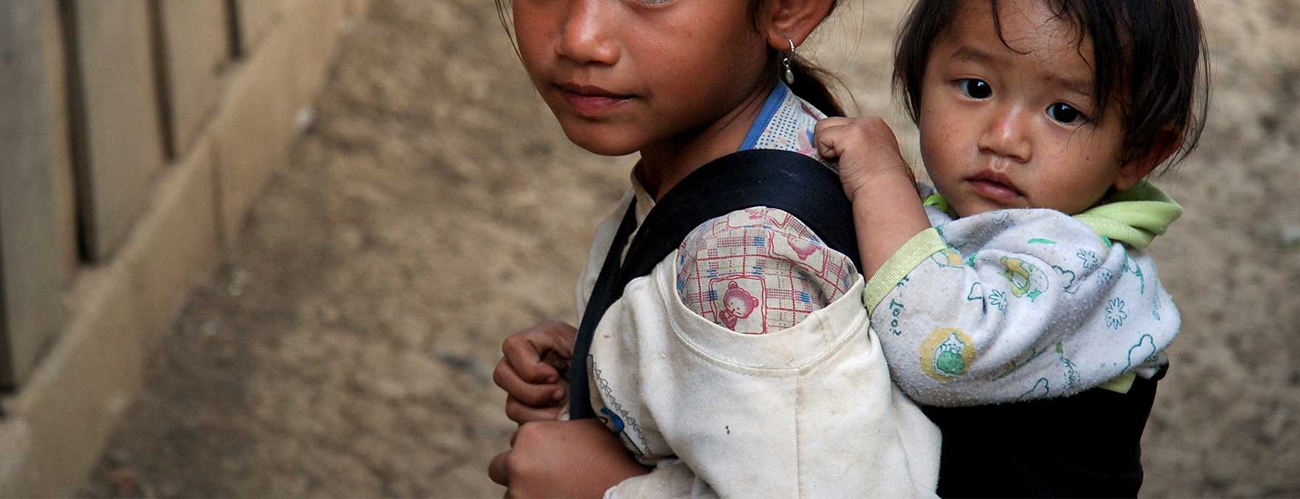




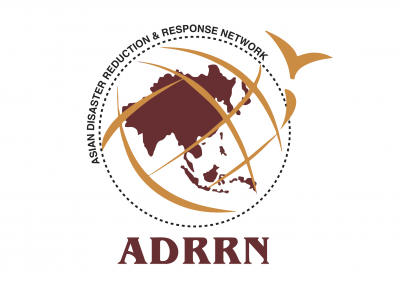





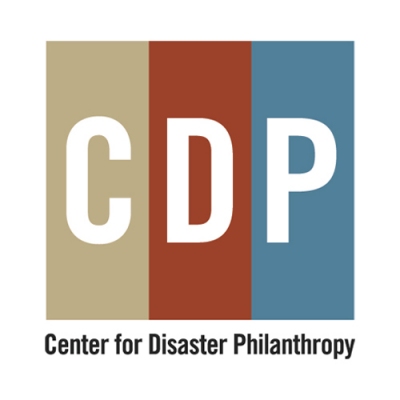





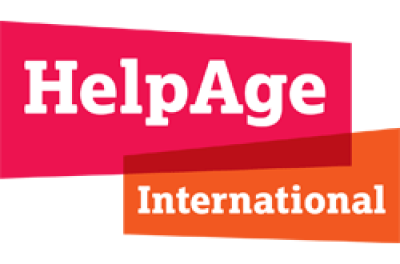






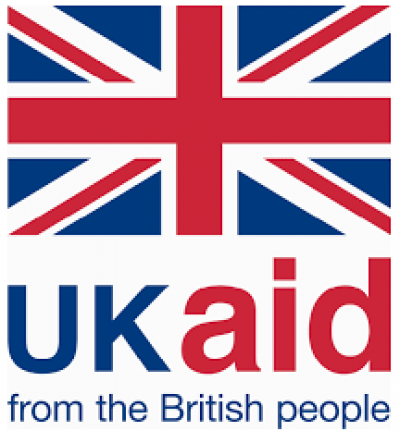

Social Media
@yakkumemergency
yakkumemergency